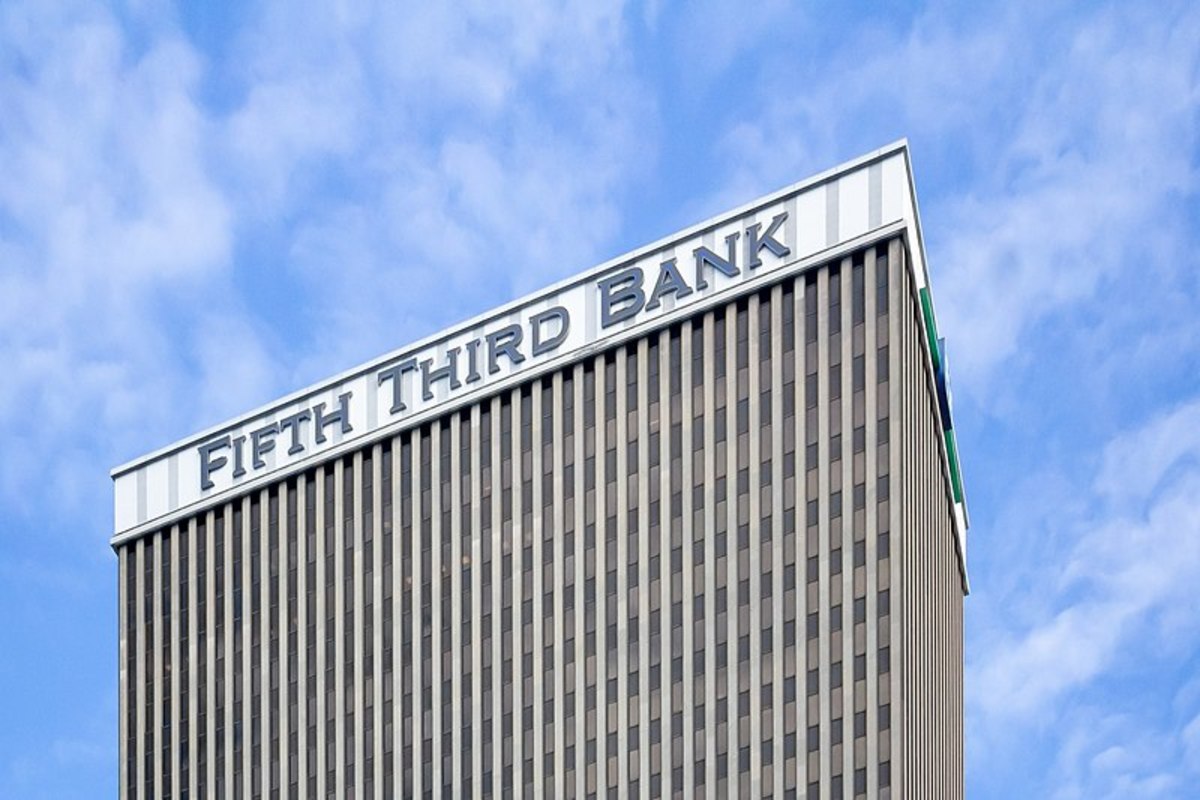Before you can build a successful product, you have to know who you’re building it for. I’m not talking about just identifying a segment of the market; rather, you need to understand, in depth, just what your intended audience needs from your product. Audiences aren’t one-size-fits-all, so products shouldn’t be either.
When it comes to lawyers, they don’t tend to care about how sleek or advanced or next-generation their technology is. In fact, “[s]uccessful law firms … use legal technology not because it’s cool but because they know legal tech makes their work better.”
But how, exactly, can software help lawyers work better? What are the main pain points to keep in mind when designing technology that lawyers use? To answer that, let’s look at what technologies lawyers have adopted and what they indicate about lawyers and their priorities.
What Technologies Have Lawyers Embraced?
Lawyers will adopt technology that makes their work better and their lives easier. Take smartphones, for example: with mobile phone service and increasing computing power, lawyers can stay in touch with their clients and get work done anytime and anywhere. As a result, most lawyers are inseparable from their phones.
That trend continues in the office. Lawyers no longer write documents out in longhand or bang out drafts on a typewriter. While a few may still dictate content, most have become proficient in Microsoft Word as well as document assembly and document management tools. Instead of typing out the same basic document multiple times, lawyers usually start a new document from an existing template. They also save their preferred clauses in emails, documents, and local folders to insert into the new document. Similarly, Bates numbering and redaction have been transformed from laborious arts-and-crafts projects to one-click digital processes.
Then there’s legal research. Lawyers readily abandoned the dusty stacks of legal reporters for online case law resources and have never looked back. Like word processing software, digital research improves client outcomes, providing on-point precedents and compelling arguments, and simultaneously reduces the workload for lawyers, putting that relevant case law at their fingertips in moments.
What does it say about lawyers that these technologies have successfully permeated their practice?
What We Can Learn About Lawyers From the Tech They Use
Lawyers are focused on client service.
Lawyers have no tolerance for incompetent representation. Despite lawyers’ affection for their Westlaw and LexisNexis subscriptions, if a client needed something that could only be found in a book, you’d better believe their lawyer would be nose-deep in that book. The first priority for lawyers is that technology should enhance the services they provide to their clients.
Lawyers are pressed for time and driven by billable hours.
Lawyers — under the ever-present pressure of the billable hour — don’t have time for repetitive, rote tasks like retyping contracts or clauses. They also don’t have time to figure out how to use a complex or non-intuitive system. This isn’t a statement about whether lawyers are tech-averse or tech-resistant; it’s about their need to be efficient and effective with their time.
Lawyers put a premium on convenience and functionality over bells and whistles.
Lawyers are busy people who are pulled in multiple directions. They’ll often pass on overhyped, trendy tools in favor of tried-and-true time-savers. In fact, the 2019 Aderant Business of Law and Legal Technology Survey found that most lawyers weren’t interested in artificial intelligence or blockchain; instead, they were looking for “the tools lawyers use day in and day out, the bread-and-butter tools of a modern law practice,” including document management, e-billing, and knowledge management solutions. Lawyers also favor convenient tools that save them time by fitting within their existing workflows.
So, what should technology companies keep in mind when designing software for lawyers?
Designing Technology That Works for Lawyers
If you want lawyers to actually use your technology, it has to be effective in providing better results for their clients. Usefulness—as measured by client outcomes—is the bottom line for legal software solutions. If a tool allows lawyers to provide better service to clients, improves client results, or increases the firm’s profitability either directly or by reducing write-offs, you’re halfway there.
But no technology works unless the user uses it. To that end, legal technology must also be efficient with lawyers’ time. It should be easy to launch, easy to learn, and ultimately easy to use on a daily basis. If it requires a laborious setup or a long, slow learning curve, it’ll be hard for lawyers to recognize any client service benefits because they just won’t have the time to seek it out in the press of daily work.
On that note, legal software solutions should be convenient to use. Lawyers spend too much time looking for the right clause and then sifting through them meticulously looking for information that needs to be adjusted. When your technology is integrated within existing workflows, your audience doesn’t have to remember to look for it or switch screens to use it: it’s right there when they need it.
These are the considerations we think about every day at Litera. How can we create technology that lawyers want to use? How can we improve client outcomes, reduce the barriers to adoption, and fold our products into lawyers’ workflows and processes so that they’re available when and where they’re needed?
A great example of legal technology that just works for lawyers is the new Anonymize feature in Clause Companion. With Anonymize, lawyers can designate a document as a template and have the software automatically extract dates, names, numbers, and other case-specific data, creating a fillable form for future use. This improves client results by producing clean, up-to-date templates, saves lawyers time, and fits easily within our unified Microsoft Word ribbon. We think it exemplifies how software companies can learn from their audience and design technology that meets that customer’s unique needs.
About Litera
Litera is the leading provider of software for law firms and document-intensive organizations across the globe, helping them satisfy the demands of clients. Our document drafting products empower users to create, proofread, compare, clean, and distribute high-quality content quickly and securely, from any device, while our transaction management platform converts the manual, tedious process of managing transactions by creating a secure, collaborative workspace and automating the entire signature process. Learn more at litera.com.






 Kathryn Rubino is a Senior Editor at Above the Law, and host of
Kathryn Rubino is a Senior Editor at Above the Law, and host of 






 Tyler Broker’s work has been published in the Gonzaga Law Review, the Albany Law Review, and is forthcoming in the University of Memphis Law Review. Feel free to
Tyler Broker’s work has been published in the Gonzaga Law Review, the Albany Law Review, and is forthcoming in the University of Memphis Law Review. Feel free to 
